
Sweeping Changes in Chinese Military Leadership Raise Concerns of Internal Discord
In a potential indication of a broader purge within China’s military, nine high-ranking military officials have been ousted from the country’s top legislative body, as reported by Xinhua. The announcement came from the Standing Committee of the National People’s Congress on Friday.
The list of removed officials includes former PLA Rocket Force chief Li Yuchao, who was unexpectedly replaced in July, his predecessor Zhou Yaning, two other Rocket Force officials, two officials from the PLA Equipment Development Department, deputy chief of the Joint Staff Department Zhang Zhenzhong, and former Air Force Commander Ding Laihang.
Zhou had led the Rocket Force from 2017 to 2022, and Zhang served as deputy commander of the PLA Rocket Force from 2016 until March 2022, overlapping with Li Yuchao. Zhang had previously held commander or deputy commander roles at two satellite launch sites and a space launch site.
Additionally, three executives from state-owned missile defense firms were stripped of their membership in a ceremonial political advisory body earlier in the week.
China’s defense ministry had pledged to “crack down on every corrupt official” in August, responding to inquiries about the whereabouts of Li’s predecessor, Wei Fenghe. This marked the first acknowledgment of corruption probes among top military leaders following a significant shake-up in the armed forces overseeing China’s nuclear and conventional missile arsenal.
While Beijing has not provided an explanation for Li Yuchao’s disappearance, he was stripped of his titles as defense minister and state councilor in October. During his brief tenure as minister, Li did not meet with his U.S. counterpart, Defense Secretary Lloyd Austin. The ministry cited the need for the U.S. to lift sanctions imposed in 2018 over Li’s involvement in purchasing Russian aircraft and equipment.
The newly appointed Defense Minister, Dong Jun, is not known to be under U.S. sanctions, eliminating such constraints in potential diplomatic engagements.
In a significant development, during a meeting between President Joe Biden and Xi in San Francisco last month, both leaders agreed to resume senior military talks, which had been suspended following a visit to Taiwan by then-House of Representatives Speaker Nancy Pelosi in August 2022.
Pentagon spokesperson John Supple stated that the U.S. Department of Defense is in contact with China at the working level regarding a series of upcoming engagements. These include Defense Policy Coordination Talks scheduled for January and Military Maritime Consultative Agreement talks in early 2024, demonstrating efforts to implement the agreements announced by Biden and Xi in November. Supple emphasized that scheduling and preparation are underway for substantive conversations at senior levels between defense and military leaders from both countries.
In a startling turn of events, longstanding rumors were validated today as three high-ranking People’s Liberation Army (PLA) admirals, four lieutenant generals, and two major generals were summarily removed from their National People’s Congress (NPC) positions, marking what appears to be the end of their military careers. The list of ousted NPC members includes prominent figures such as former Rocket Force Commander Li Yuchao, former Rocket Force Commander Zhou Yaning, and former Air Force Commander Ding Laihang. U.S. based journalist Jennifer Zeng disclosed critical details about the recent Chinese military leadership reshuffle on her X (formerly known as Twitter) account.
This significant reshuffling unfolded as the Central Military Commission of the Chinese Communist Party (CCP) quietly conducted a promotion ceremony on December 25th in Beijing. Officers were elevated to the prestigious rank of general, with notable promotions including Wang Wenquan, political commissar of the Southern Theater Command, and Hu Zhongming, newly appointed navy commander.
Before these changes, Admiral Dong Jun held the navy commander position, while the political commissar of the Southern Theater Command was Army General Wang Jianwu, aged 65. The CCP’s decision to adopt a low-key replacement strategy, foregoing customary public announcements, raises questions about the motives behind these silent transitions within key military positions.
These promotions coincide with a prolonged vacancy in the role of Defense Minister, left unfulfilled for over two months since the fall of former Defense Minister Li Shangfu. The absence of a formal appointment to this crucial role adds a perplexing twist to the Chinese political landscape, with observers questioning the CCP’s ability to select a new Minister of National Defense.
The leadership transition has prompted concerns about the decision-making processes within the CCP and potential implications for the country’s national security strategy. The secretive nature of these changes underscores the complexity and internal dynamics within the Chinese military establishment.
Recent comments by Chinese President Xi Jinping have been interpreted by analysts as indicative of his concerns about internal dissent and potential threats within the military. The emphasis on “security” suggests unease regarding the military’s loyalty and overall political stability.
Former CCP Navy Command lieutenant colonel, Yao Cheng, suggests that President Xi Jinping is using official channels to express his concerns about political security within the military. Recent political cases hint at internal turmoil, indicating that elements within the military may be acting against Xi Jinping while outwardly maintaining subservience.
The military’s discontent with Xi’s assertive tone and continuous calls for confrontation is evident in recent leadership reshuffles and commentary emphasizing the need for strict discipline and readiness. Some within the military express hope for a shift towards a more peaceful stance, citing exhaustion with perpetual war preparations.
Current affairs commentator Chen Pokong speculates that the military’s discontent may be aimed at changing leadership, with suggestions that the Chinese military, particularly in higher ranks, desires a change but awaits the opportune moment to act.
Despite President Xi Jinping’s cautious approach, Yao Cheng warns that Xi is not entirely secure within the CCP leadership. Internal turmoil within the party, combined with external pressures arising from a turbulent domestic situation, has created dissatisfaction among CCP members, increasing pressure on Xi.
Recent occurrences within the CCP military, including discreet investigations into generals and the absence of key figures like Defense Minister Li Shangfu from the public eye, have fueled concerns. President Xi Jinping’s efforts to tighten control over the military have created an atmosphere of uncertainty and unease, raising questions about the stability of his leadership in the coming months. The unexplained deaths and disappearances of military personnel further add to prevailing apprehension as internal pressures within the CCP’s military and political landscape unfold.
List of Others– Lieutenant Generals: Ju Xinchun, commander of the South Sea Fleet, Li Chuanguang, deputy commander of the Rocket Force, Zhang Yulin, deputy minister of the Equipment Development Department,Zhang Zhenzhong, former deputy commander of the Rocket Force Major Generals: Rao Wemin, current vice-minister of the Military Commission’s Equipment Development Department,Lv Hong is the minister of the Rocket Force Equipment Department
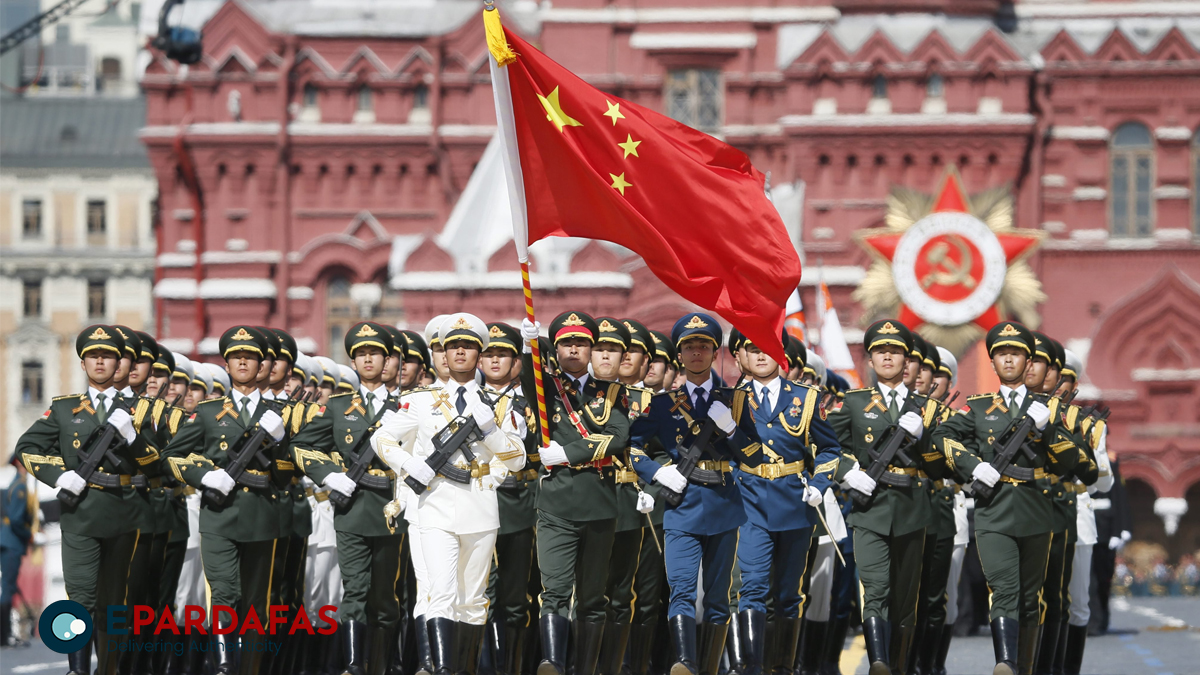



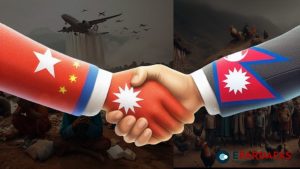
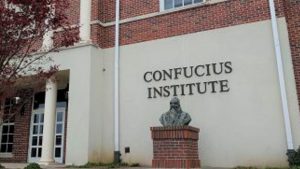
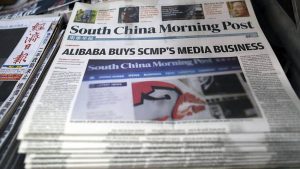

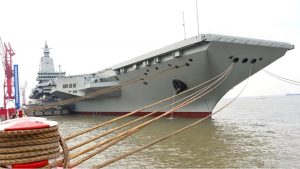






Comments